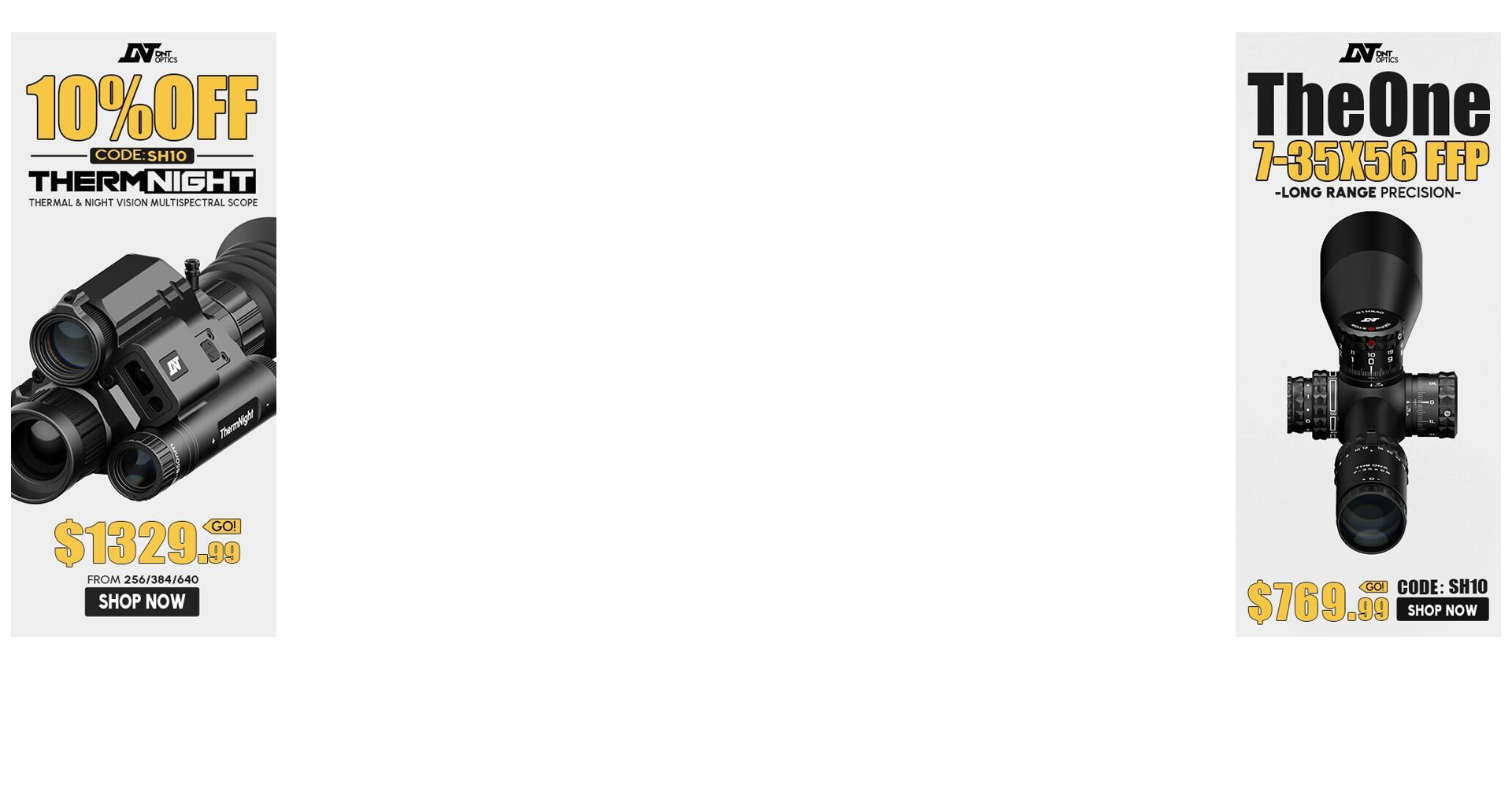I know.....this is not exactly a gun smithing question but I could use some help from the experts here. I frequently drill holes up to 1 1/4" and find that if I step up in drill size that the holes drift from the original starting point.
If I use a hole saw there is a lot of clean up in the cut and they get hot. Admittedly I am using Home Depot quality hole saws.
Most of the steel is cold rolled mild steel but occasionally I get a request for something like a 4130 cro moly.
Is there a better solution I am missing or is this pretty much it?
Thanks...........
If I use a hole saw there is a lot of clean up in the cut and they get hot. Admittedly I am using Home Depot quality hole saws.
Most of the steel is cold rolled mild steel but occasionally I get a request for something like a 4130 cro moly.
Is there a better solution I am missing or is this pretty much it?
Thanks...........



